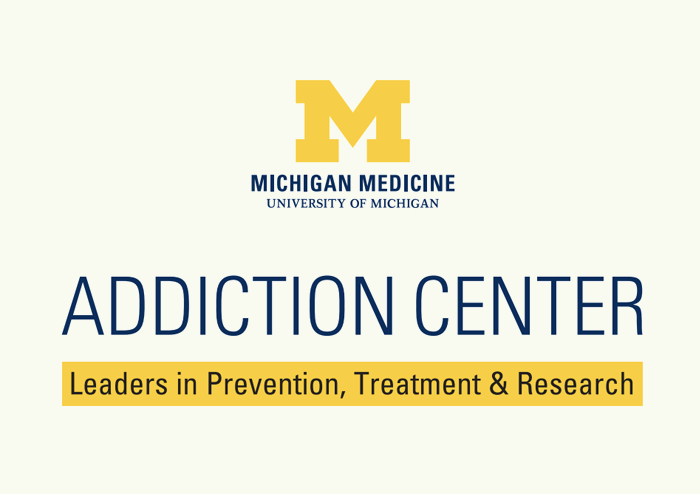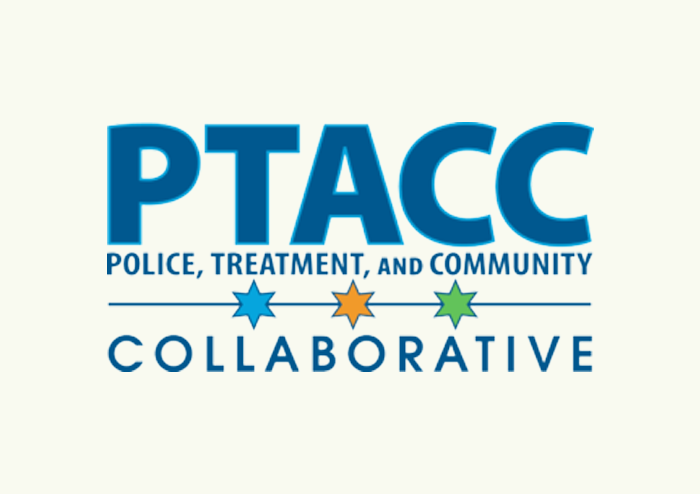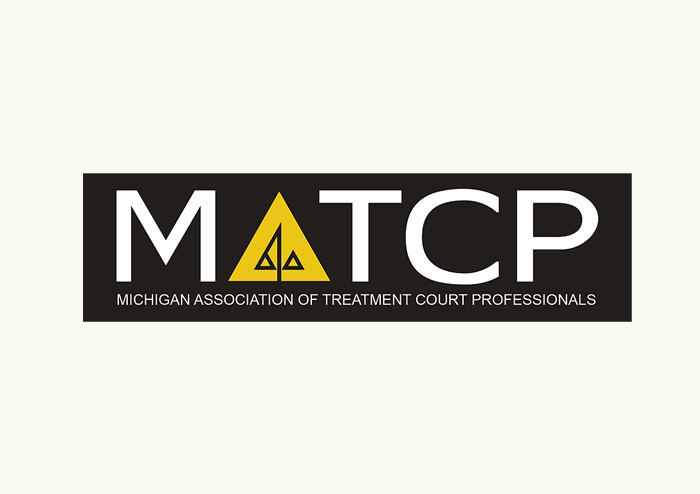Navigating HIV & Hepatitis C Testing & Treatment Referrals for People Who Inject Drugs
Intended Audience:
This presentation is ideal for healthcare providers, public health outreach workers, social workers, peer support workers, and anyone involved in the care and support of individuals who inject drugs.
Description:
"Compassionate Conversations: Navigating HIV & Hepatitis C Testing & Treatment Referrals" is a critical session focused on building the skills needed to engage in supportive, non-judgmental conversations with individuals who inject drugs (PWID) about HIV and hepatitis C (HCV) testing and treatment. This presentation will explore strategies for fostering trust, encouraging safer practices, and providing effective referrals for testing and treatment in a compassionate and respectful manner.
Key Topics:
- Understanding HIV & Hepatitis C Risks: Overview of HIV and HCV transmission risks associated with injection drug use, including sharing needles and other equipment.
- Importance of Early Detection: Highlighting the benefits of early testing and treatment for both HIV and HCV, including improved health outcomes and reduced transmission.
- Compassionate Communication Strategies: Best practices for having respectful and supportive conversations with PWID about the importance of testing and treatment, while recognizing potential barriers to care.
- Navigating Barriers and Building Trust: Exploring how negative perceptions related to drug use, HIV, and HCV can impact testing decisions, and sharing strategies to build trust with individuals who may be hesitant or fearful of testing.
- Referral to Testing and Treatment: Effective methods for connecting individuals with testing services, ensuring access to HIV pre-exposure prophylaxis (PrEP), post-exposure prophylaxis (PEP), and HCV treatment options.
- Overcoming Challenges to Access: Identifying common obstacles PWID face when seeking care—such as fear of judgment, financial concerns, or transportation issues—and exploring practical strategies to help reduce these challenges.
- Supportive Approaches to Testing and Treatment: Integrating practical, non-judgmental strategies into conversations about testing and treatment, ensuring individuals feel supported regardless of their readiness to seek care.
- Respectful and Responsive Care: Understanding the importance of adapting conversations and referrals to reflect individuals’ backgrounds, preferences, and unique needs.
OUR PARTNERS




















